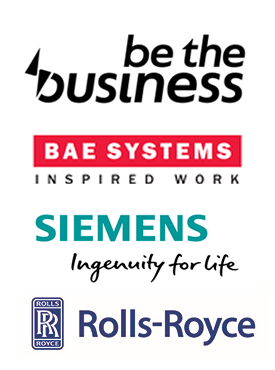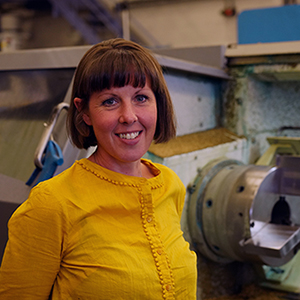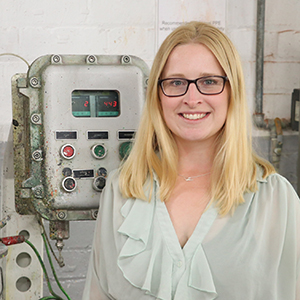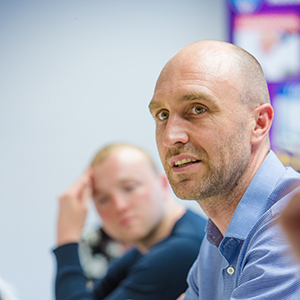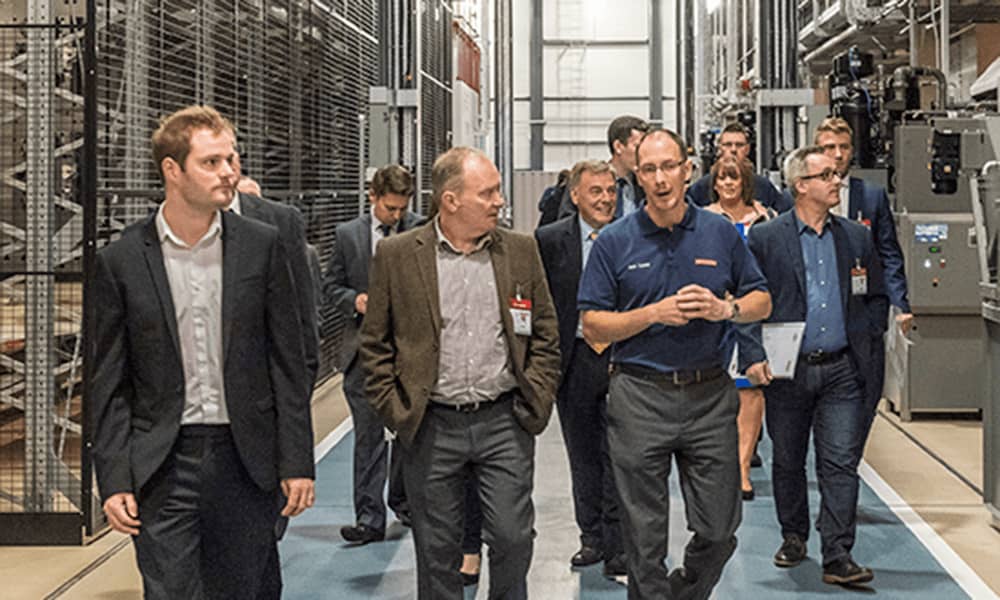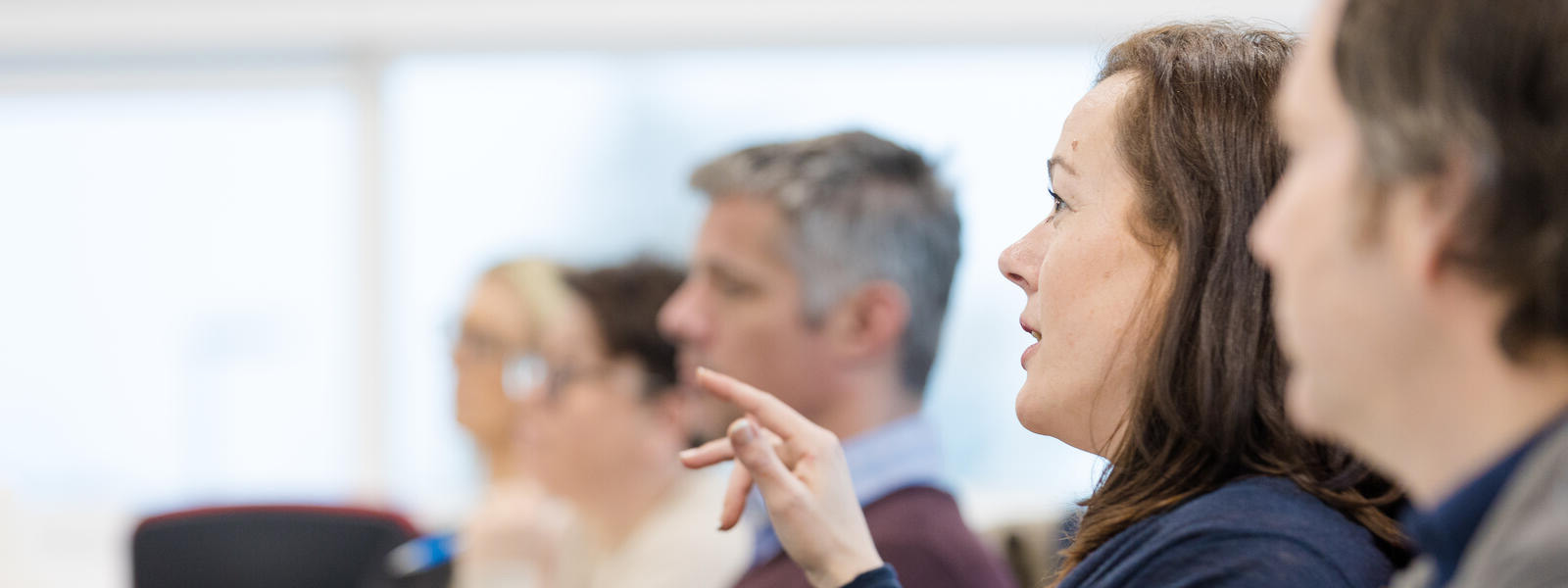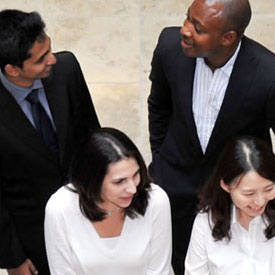“There were reservations on both sides as to where and how I would fit into with no manufacturing experience,” Sarah explained. “But as I rotated around the business, assessing the people and production methods, I gained a unique and valuable insight into the company’s strengths and weaknesses.”
Sarah’s fresh perspective identified that while the business is at the forefront of innovation and technology adoption, there is a need to invest in its people and skills.
Sarah saw the Productivity through People (PtP) programme as an opportunity to learn from global manufacturers like BAE Systems, Siemens and Rolls-Royce, and connect with a network of SME manufacturers.
“With little business experience, I was understandably nervous,” Sarah said. “But the residential element was a tremendous icebreaker and established a real openness and trust among the cohort. Everyone had their own strengths, experiences and ideas, and we were encouraged to share at every opportunity.”
Workshops about Lean manufacturing gave Sarah a more technical understanding of modern manufacturing approaches, while mentoring from one of the PtP industrial partners, a highly experienced manager at Rolls-Royce helped her absorb the latest techniques, thinking and research which she is using to make changes at her company.
“Having a dedicated mentor from such a leading organisation as Rolls-Royce and access to such expertise was inspiring,” she said. “A key lesson I took from my mentor early on was that rather than trying to do everything, one change, in a sustainable and measured way, can have a great impact.
“This insight gave me great confidence and the foundation for years of change, not just the immediate future.”
Action Learning sessions, where delegates are challenged to work through real problems in their companies, identified that communication was a weakness at Arden Dies.
By using new tools and leadership behaviours taught through the programme, Sarah was able to introduce two simple changes, to great effect.
The first was to introduce daily meetings for the department heads, something that had never been attempted before. It enabled key staff to share insights and information, celebrate successes and air grievances.
The second change was to introduce visual boards to the factory floor to give all staff visibility of what was happening across the company.
“While they are simple changes, they transformed communication at the company and we saw a definite increase in productivity and engagement,” Sarah said.
Sarah’s new communication strategy was also at the heart of how Arden Dies navigated the impact of Covid-19.
“There was a lot of fear and anxiety over our plans to remain open as an essential business to the food and pharma sectors so we needed to change our management approach from a more formal, authoritative approach to informal, nurturing and transparent,” she said. “So far the feedback from staff has been positive. So that is a change that is here to stay.”
Sarah also found communication and support from the cohort and programme leadership increased when workshop sessions moved online due to Covid-19.
“It was amazing that we were able to switch so effectively and not lose momentum,” she said. “As a business we could have easily gone into a bubble but to be able to access that support and share practice with other businesses and know we had the support of the programme team going through such an uncertain experience was fantastic.”
As a family business Arden Dies faces a unique set of challenges, such as culture, structure, and succession planning. Sarah believes people and skills are key to surviving and thriving.
“The biggest strength of our business is the experience and knowledge of our staff. But the concern is what happens when these people leave. We need to grow, recruit well and not lose the skills.
Arden Dies also shares an industry-wide problem with the gender balance at all levels of the business.
“I’m outnumbered, that’s for certain, but there are signs of change,” Sarah said. “We have some ambitious young women on the shop floor eager to develop. We have to modernise and change the perception to show women belong in manufacturing and can thrive.”
PtP was such a positive experience for Sarah that she has now signed up to the Made Smarter Leadership Programme, which helps leaders in manufacturing SMEs improve productivity through the adoption of new industrial digital technologies (IDTs).
“Every session at PtP I walked away with something I could apply to the business,” she said. “The programme has given me so much confidence in my own abilities. I would recommend anyone, male or female, to explore the programme. If you approach it as I did, with an open mind, the possibilities for you and your business are endless.”



